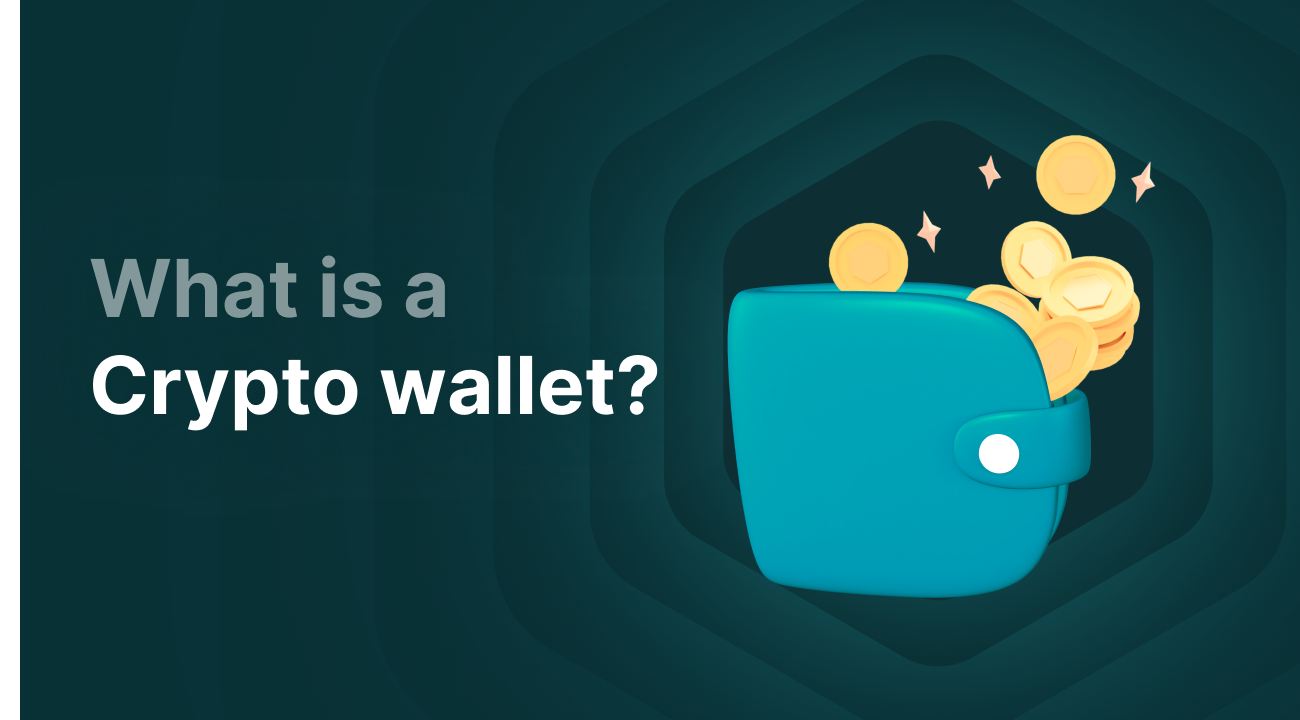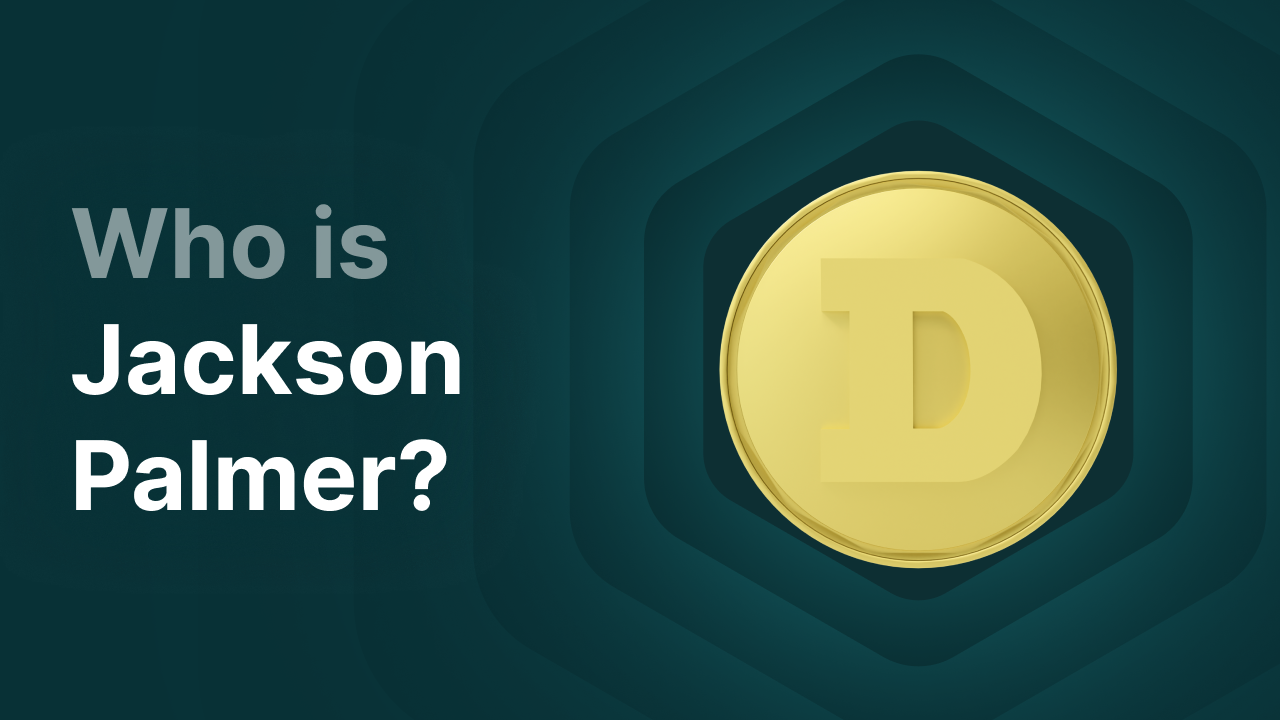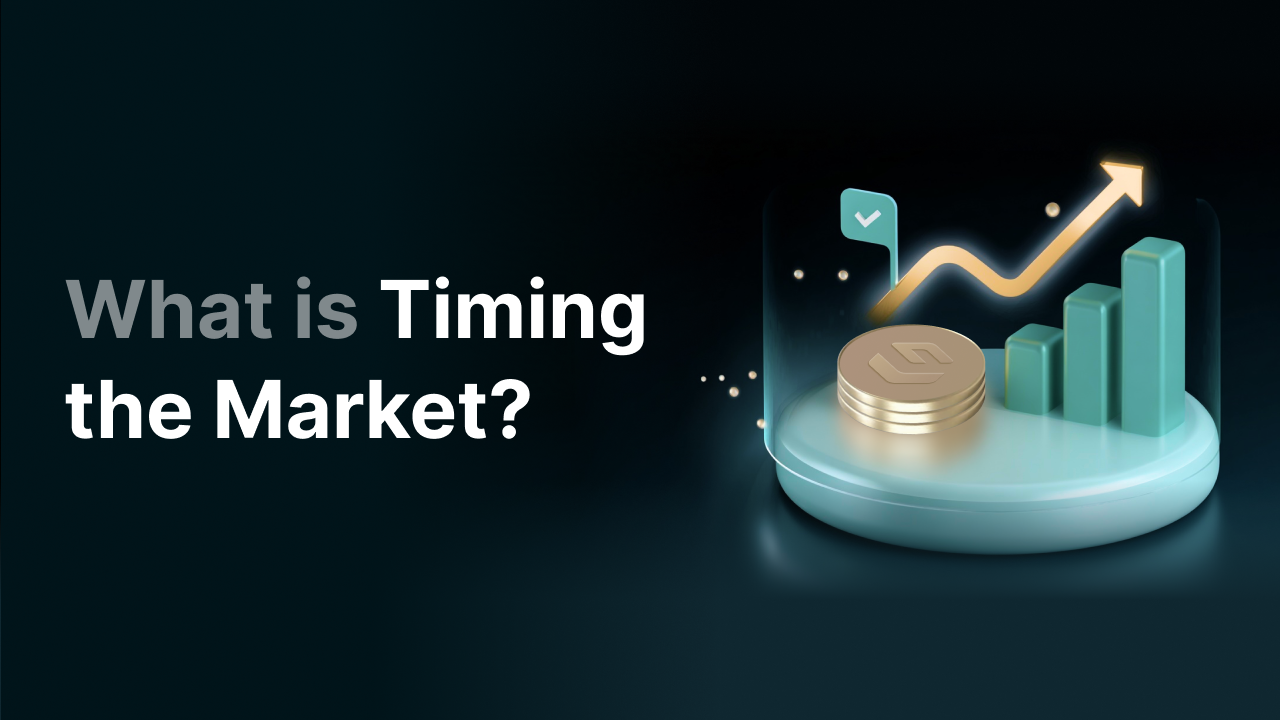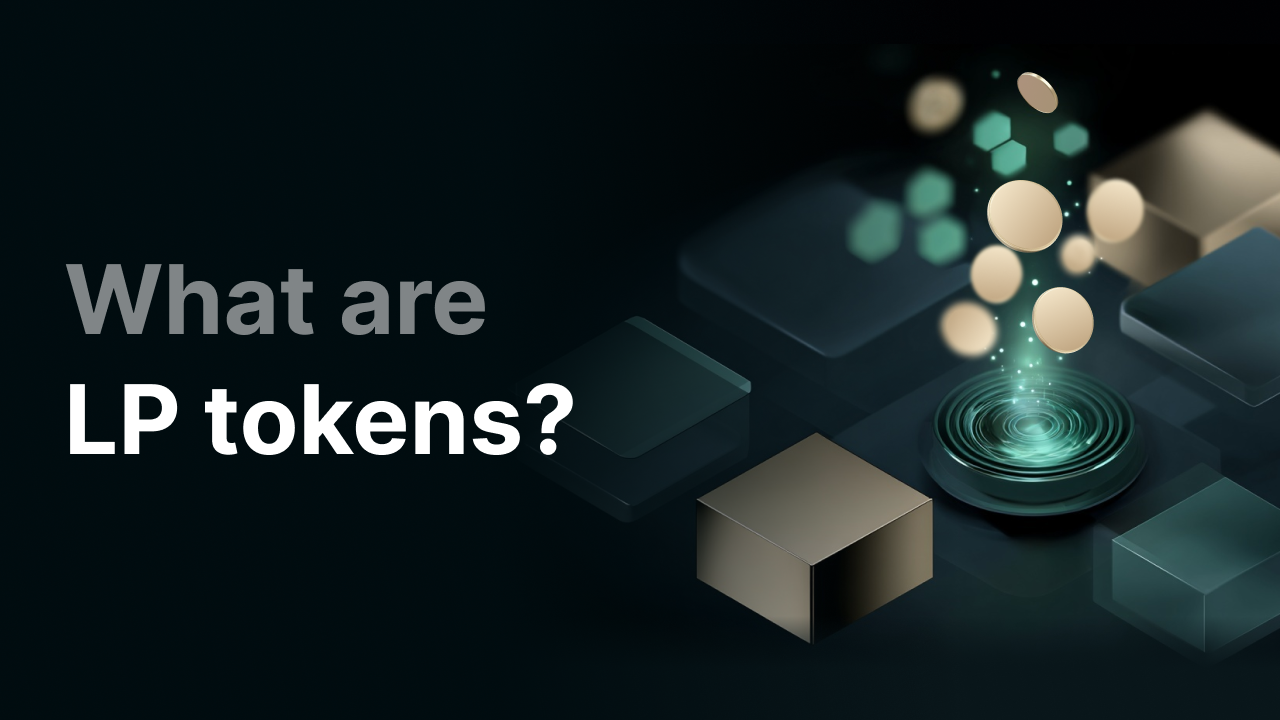What is a crypto wallet and how does it work?

What is a crypto wallet?
A crypto wallet, also called a cryptocurrency wallet, is a digital wallet that allows you to store, send, and receive cryptocurrency. It acts like a digital vault where you can store, send, and receive your crypto coins. Unlike a physical wallet where you store cash, a crypto wallet does not hold physical coins. Instead, it contains the keys that give you access to your crypto on the blockchain. In this article, we explain what a crypto wallet is, how it works, the different types of wallets, and how to protect them.
Key Takeaways
- A crypto wallet does not store physical coins, but the keys that provide access to your cryptocurrencies on the blockchain.
- There are two main types of crypto wallets: hot wallets (connected to the internet) and cold wallets (offline).
- In custodial wallets, a third party manages your keys; in non-custodial wallets, you have full control yourself.
- Active traders often choose hot wallets, while long-term investors tend to prefer cold wallets like hardware wallets.
- Security measures such as strong passwords, secure seed phrase storage, security software, and vigilance against phishing are essential to protect your wallet.
How do crypto wallets work?
To understand what a crypto wallet does, let’s briefly explain what a blockchain is. A blockchain is a decentralized network in which transactions are stored in blocks that are linked together. Every cryptocurrency, like Bitcoin or Ethereum, exists only on the blockchain, so a crypto wallet doesn’t literally store the coins.
A crypto wallet works with private and public keys, which you need to interact with the blockchain. The public key is like a bank account number that identifies your crypto wallet. You can share your public key with others to receive payments. The private key is like your PIN, but instead of digits, it’s usually a seed phrase—a series of words you need to store somewhere. Never share your private keys with anyone, as they are the only way to access your crypto wallet. Therefore, it’s essential to keep them secret and secure.
What types of crypto wallets are there?
There are different types of crypto wallets because they interact with the blockchain in different ways. Broadly, they fall into two categories: hot wallets and cold wallets. Depending on how often you trade cryptocurrencies, each has its own pros and cons. We explain what hot wallets and cold wallets are and give you examples.
Hot wallets
Hot wallets are connected to the internet. This makes them suitable for daily use: transactions are fast, the interface is often user-friendly, and you can access your cryptocurrencies anytime and anywhere as long as you have an internet connection. The downside is that they are more vulnerable to online threats like hacks or phishing, because the private keys are stored in an online environment. Hot wallets are often referred to as software wallets.
Examples of hot wallets:
- Web wallet: These are crypto wallets you use via a web browser. Examples include MetaMask and the wallet functionality in Finst. You don’t need to install anything—typically, you can create a wallet easily by opening a personal account.
- Desktop wallet: These wallets are installed as software on your computer. Your personal data and private keys are stored in a file on your device. Desktop wallets are usually more secure than web wallets, but it’s important to ensure your computer is free from viruses or malware.
- Mobile wallet: This software wallet is installed as an app on your smartphone. They are ideal for on-the-go and daily use. Transactions are easy to execute, which makes trading cryptocurrencies simple.
Cold wallets
Cold wallets are crypto wallets that do not connect to the internet, making them much more secure against online threats like hacking or phishing. These wallets are ideal for people who want to store cryptocurrencies for a longer period. Cold wallets are usually physical devices that store private keys offline.
Examples of cold wallets:
- Hardware wallets: A hardware wallet is a physical electronic device that generates and stores private and public keys offline. They often use a random number generator (RNG) and are among the safest ways to store crypto. The downside of hardware wallets is that you can’t trade cryptocurrencies at any time since you need to have the hardware wallet with you. They often look like a USB stick, and well-known brands include Ledger and Trezor. Hardware wallets are also known as cold storage.
- Paper wallets: A paper wallet is a physical document displaying your public and private keys as QR codes. The advantage is that they are cheap, but they are also very vulnerable to damage or loss.
What is the difference between custodial and non-custodial crypto wallets?
In addition to hot and cold wallets, there is also a distinction between custodial and non-custodial wallets. The difference lies in the type of security and who is responsible for securing your private keys.
In a custodial wallet, someone else—like an exchange—manages your private keys. This means you are not the full owner of your crypto, even though you can still access it. If the exchange goes bankrupt or gets hacked, you could lose your cryptocurrencies.
Non-custodial wallets are wallets over which you have full control, as you hold the private keys yourself. This means you are fully responsible for the keys and therefore the security of your wallet. A common saying in the crypto world is: "Not your keys, not your coins."
Which crypto wallet is right for you?
The choice of crypto wallet depends largely on your personal preferences. It mainly comes down to what kind of trader you are and how important the security of your crypto is to you. If you're a day trader and want access to your crypto at any time, a hot wallet is a convenient option. On the Finst platform, you can use a user-friendly interface and make quick transactions.
If you're a long-term investor who values security, then a hardware wallet might be best. At Finst, you can send most of your crypto to an external wallet so that you can store your cryptocurrencies safely.
How do you protect your crypto wallet?
Securing your crypto wallet is essential to protect your cryptocurrencies from theft, loss, or unauthorized access. Ultimately, you are responsible for your crypto, so it’s up to you to take the necessary security measures. Depending on the type of wallet you use, there are different ways to do this.
-
Use strong passwords and two-factor authentication (2FA)
Especially for software wallets like mobile and desktop wallets, it’s important to use strong and unique passwords. Always enable 2FA wherever possible. At Finst, we prioritize the security of our customers and their assets, which is why we use email and SMS verification for each new device that tries to log in. This adds an extra layer of protection in case someone gets access to your password. -
Store your seed phrase safely
If you store your cryptocurrencies in an external hardware wallet, make sure to safely store its seed phrase. A seed phrase is typically a series of 12 to 24 words that serves as a backup for your wallet. Never share your seed phrase with anyone, and no exchange will ever ask for it. Also, make sure not to lose it and keep it protected from destruction. Avoid making digital copies, as they could be hacked. -
Use a hardware wallet for long-term investments
For larger amounts or long-term investments, it is wise to use a hardware wallet like Ledger or Trezor. These wallets store your private keys offline, making them immune to online attacks. As with any hardware wallet, protect your PIN and seed phrase carefully. -
Install security software and keep your devices clean
For users of software wallets, such as desktop and mobile apps, it’s important to install security software on your devices. Think of antivirus programs, firewalls, and malware protection. Always keep your operating system and wallet app updated to patch any vulnerabilities. -
Watch out for phishing and fake websites
A common trick used by hackers is imitating well-known wallet websites or exchanges. Always check the URL before logging in or entering your seed phrase. Never click on links in emails or messages from unknown senders. A legitimate provider will never ask for your private key or seed phrase. -
Use multiple wallets
By using multiple wallets for your crypto, you can spread your risk. For example, use a software wallet for daily transactions and a hardware wallet for long-term investments. That way, if you lose one of your crypto wallets, you won’t lose all your assets.
Crypto wallets at Finst
At Finst, you can securely store your crypto assets on the platform and transfer a selection of cryptocurrencies to an external wallet. Finst offers advanced security measures, including storage at Fireblocks using MPC technology and hardware isolation, asset segregation, and a closed system that prevents unauthorized withdrawals. In addition, Finst is registered with De Nederlandsche Bank and is the first and only Dutch crypto platform to obtain a Proof of Reserves (PoR) audit from Audit Now, an independent audit firm. Read more here about how we keep you and your assets safe.
Final thoughts
A crypto wallet is essential for securely storing, sending, and receiving cryptocurrencies. There are different types of wallets, such as hot wallets for daily use and cold wallets for long-term storage, each with its own benefits and risks. Choosing the right wallet depends on your usage patterns and security needs. Regardless of the type of wallet, it is crucial to take strong security measures, such as using strong passwords, two-factor authentication, and securely storing your seed phrase. Always protect your crypto assets to prevent losses from hacks or other threats.
Disclaimer: The information in this article is for informational purposes only and should not be considered financial advice. Always conduct your own research before making investment decisions.




